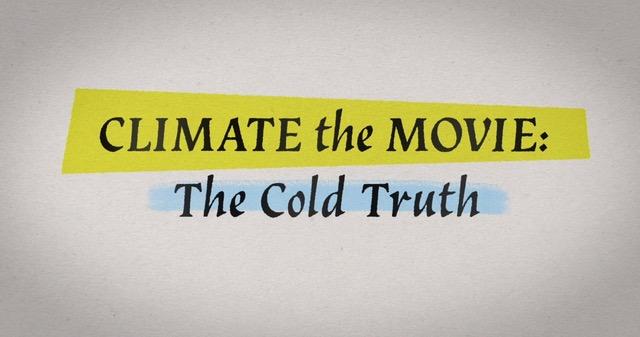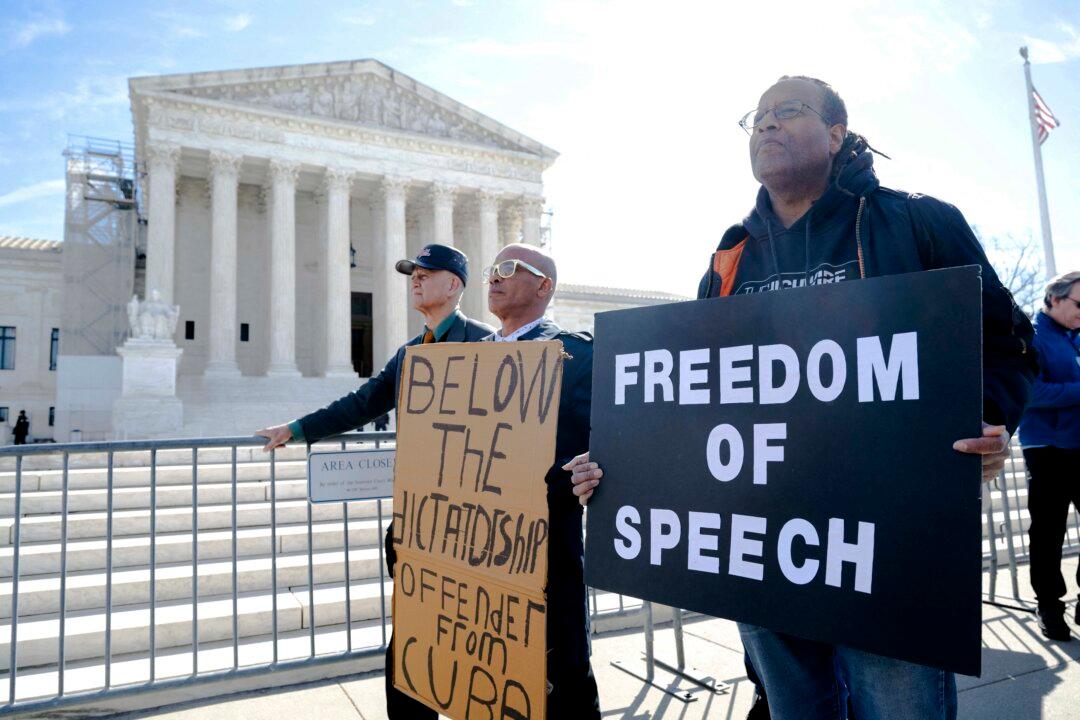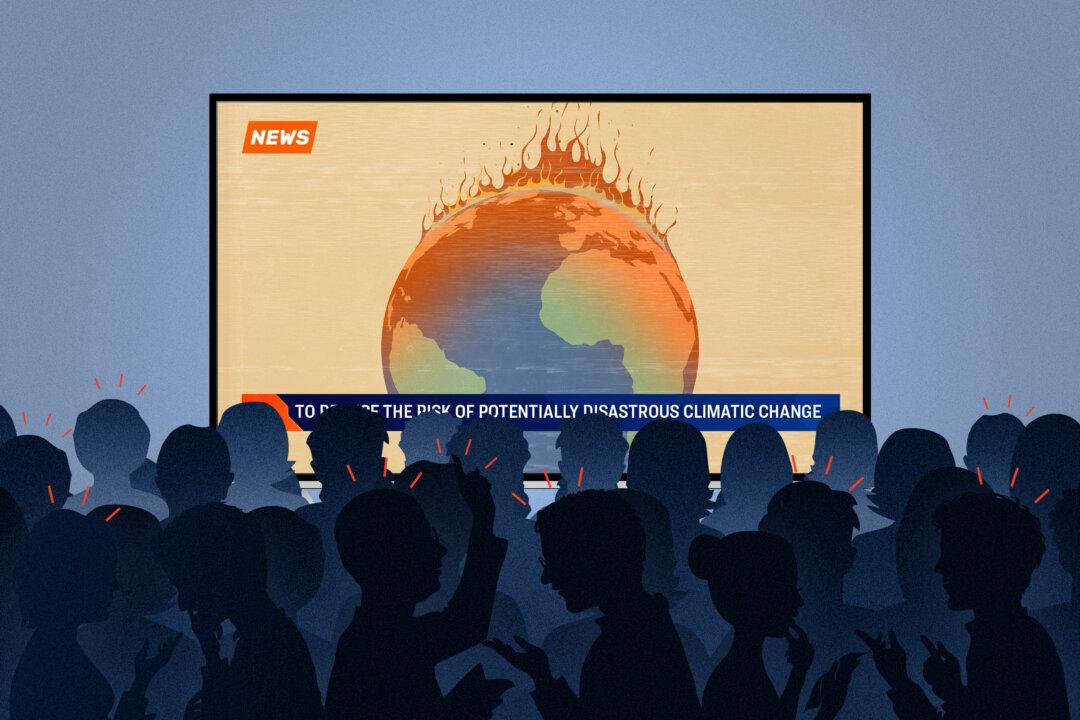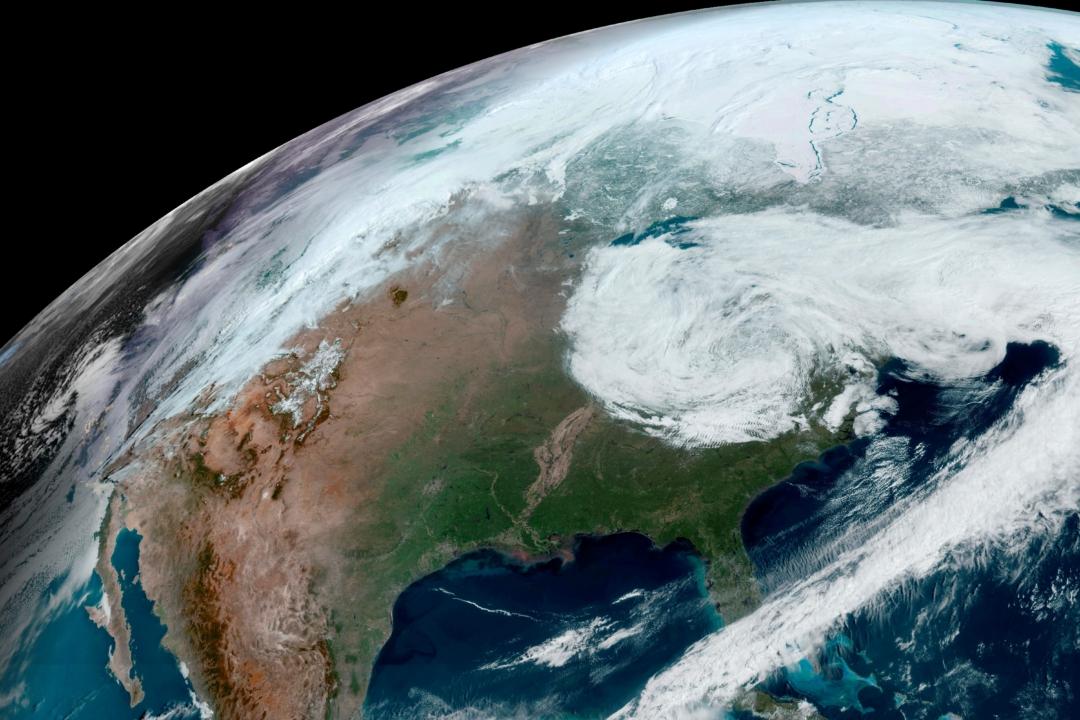Climate activists dressed in red descend upon Washington’s National Mall, a man uses his body to smear blood on the ground, and in the background, a teenage Greta Thunberg cries, “People are dying! Entire ecosystems are collapsing! We are in the beginning of a mass extinction. And all you can talk about is the money and fairy tales of eternal economic growth. How dare you?”
The above is the opening scene from “Climate the Movie: The Cold Truth,” a new documentary produced by Thomas Nelson and directed by Martin Durkin.





